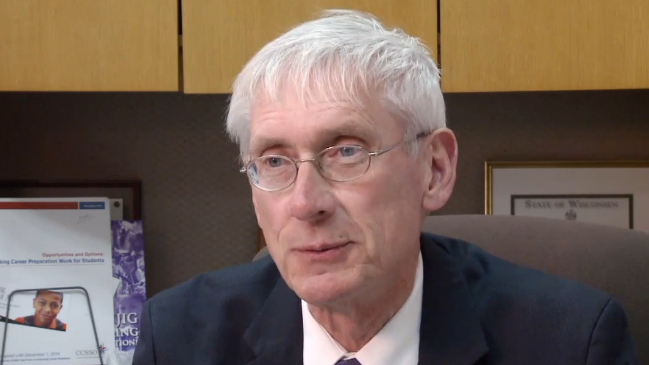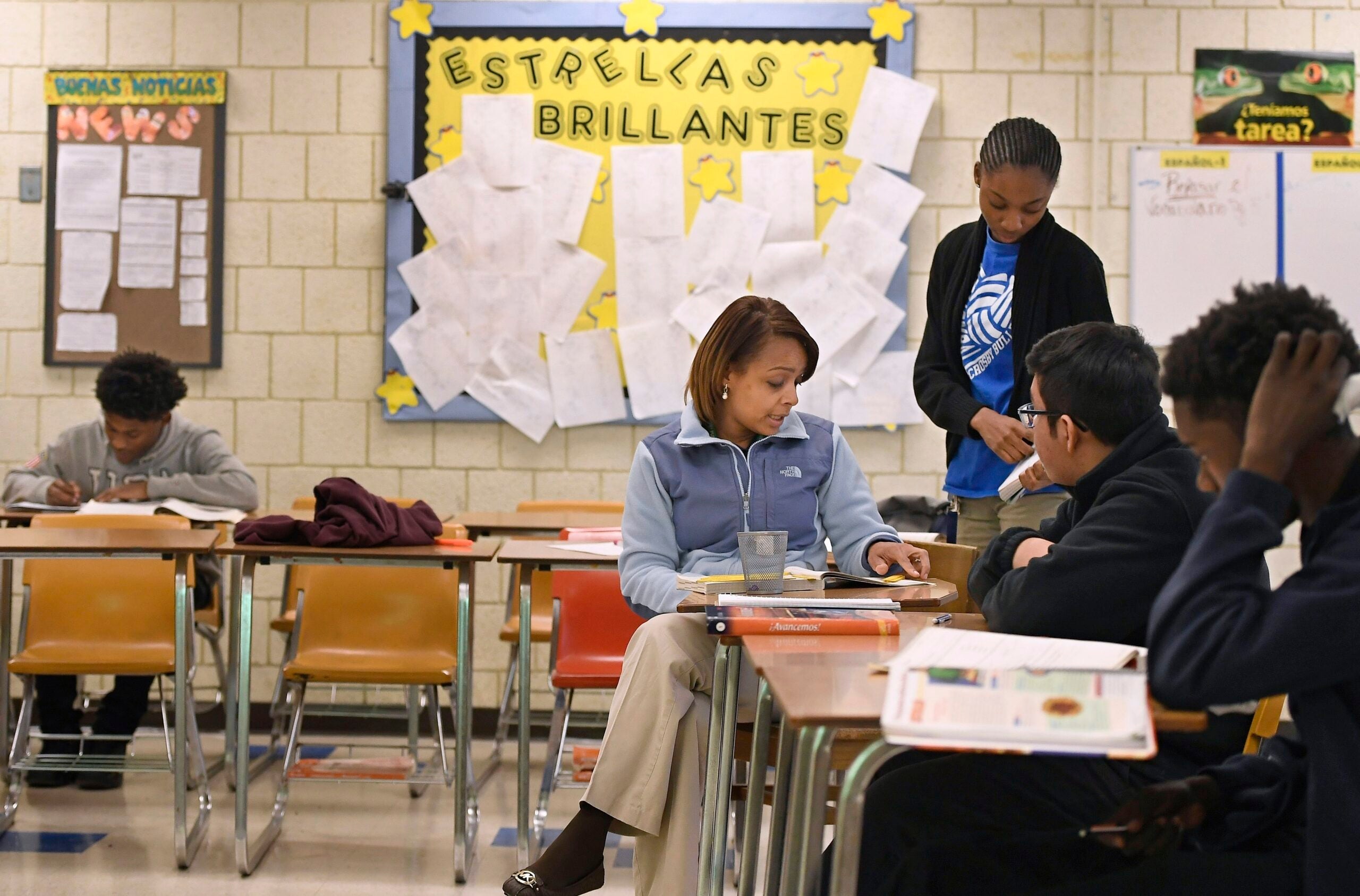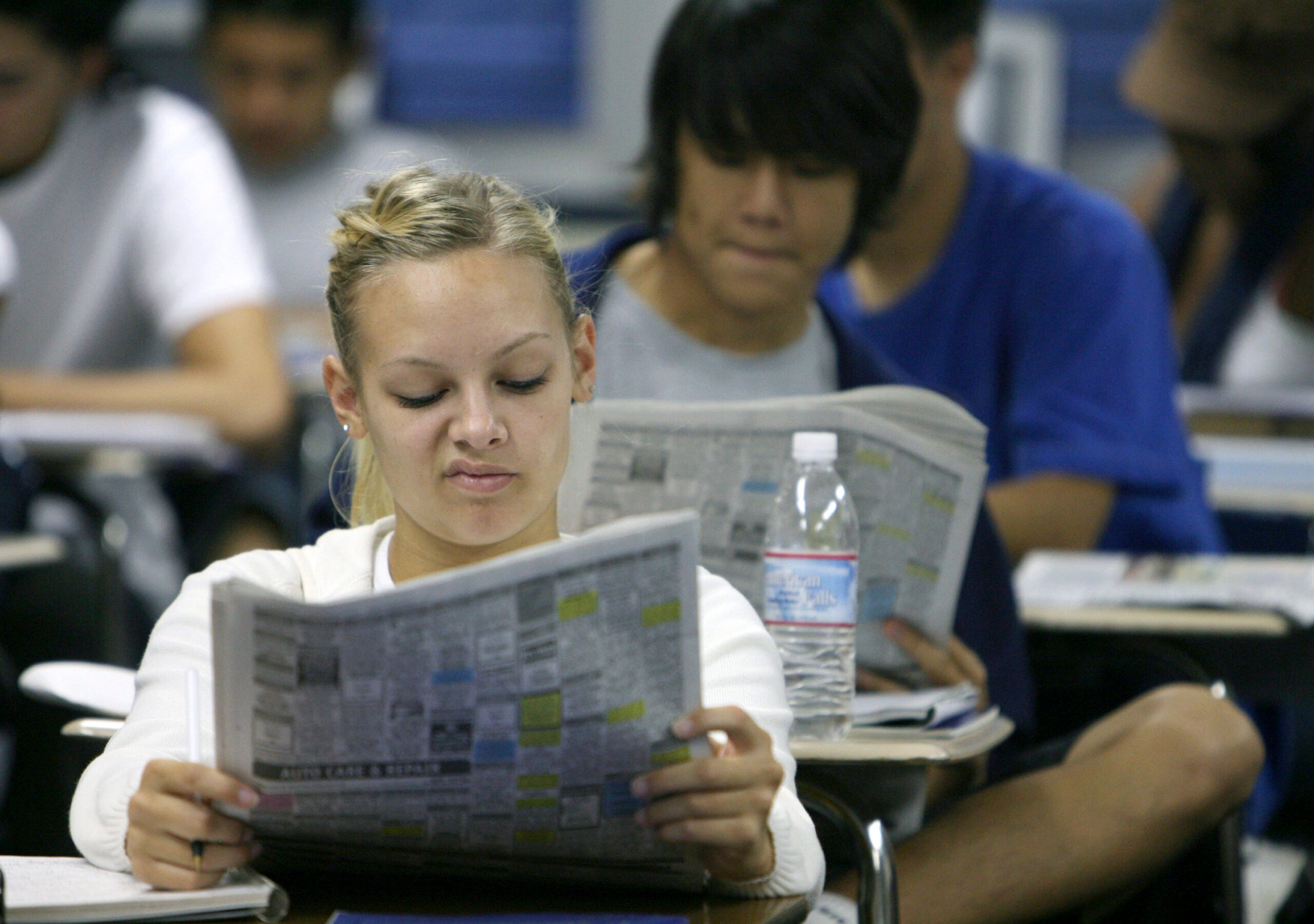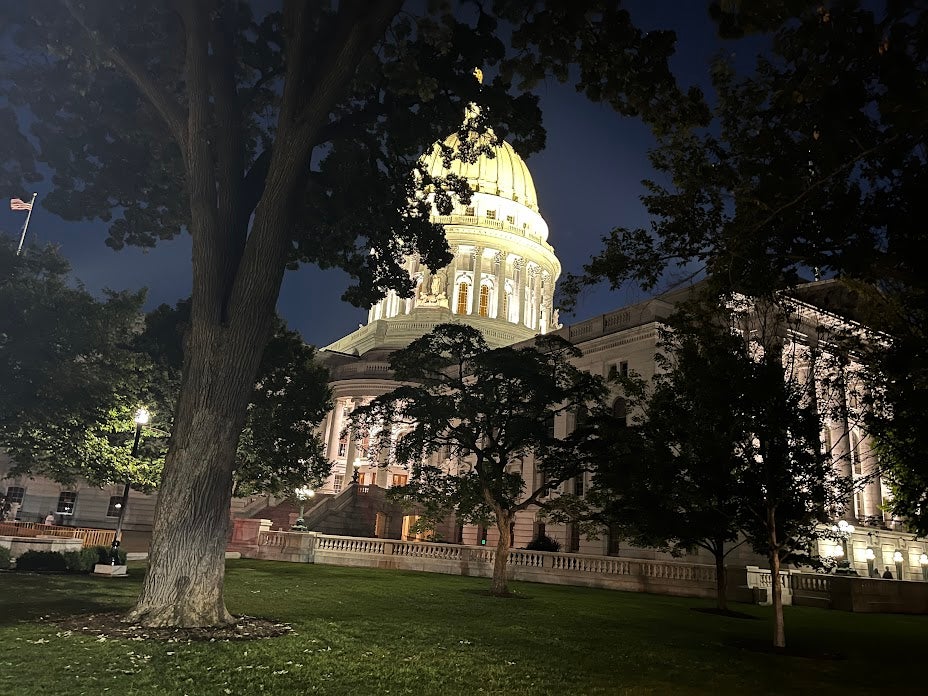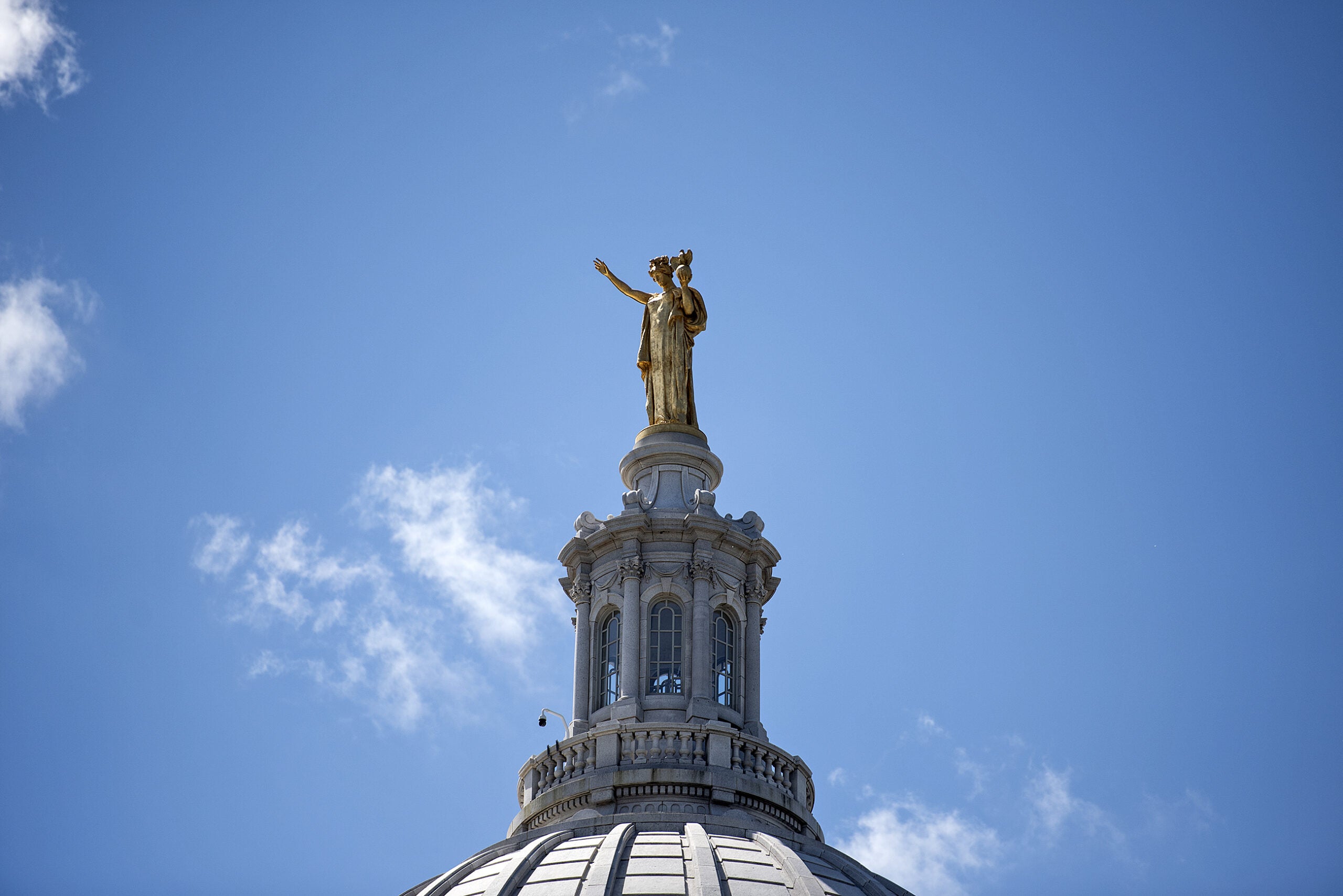State lawmakers are seeking sponsors on a bill that would increase state aid for special education in Wisconsin. The Legislature’s Joint Finance Committee has voted to keep funding nearly flat in the upcoming budget.
State Sen. Chris Larson, D-Milwaukee, said they want to raise the reimbursement rate for special education to 33 percent. He said funding has been frozen for years.
“Over the past 20 years, we’ve seen a steady decline in funding for our most vulnerable children,” he said.
Stay informed on the latest news
Sign up for WPR’s email newsletter.
At one time, Larson said the state reimbursed 70 percent of the costs to provide special education.
State Superintendent Tony Evers said that as special education funding hasn’t increased for the last several budgets, costs to provide services have gone up. Evers said school districts are shouldering more of the burden and he said he’s concerned about the underfunding of services like special education.
“Essentially, we pit students with disabilities against other kids that are competing for the same resources. And that’s just not a healthy thing,” said Evers.
Washburn School District administrator Thomas Wiatr said around 20 percent of their 500 students receive special education services.
“You’re still delivering things, but you’re constantly shifting money in terms of providing services and more services,” he said.
Wiatr said they’re taking more money out of their general fund to pay for special education as costs have gone up across the district.
The Department of Public Instruction requested around $100 million more in state aid to increase reimbursement for schools. The Joint Finance Committee voted to increase aid by $5 million in 2017.
Evers said he’s also concerned about the constitutionality of not increasing funds.
“There’s a tipping point here we’re reaching where our funding system will be found to be not in conformance with the Constitution, and we’re going to be scrambling,” he said.
Evers was referring to the Wisconsin Supreme Court case Vincent vs. Voight. The court ruled in that case that the state’s school funding formula passes constitutional muster as long as it provides students an equal opportunity for a basic education.
“An equal opportunity for a sound basic education acknowledges that students and districts are not fungible and takes into account districts with disproportionate numbers of disabled students, economically disadvantaged students, and students with limited English language skills,” the court wrote in its majority opinion. “So long as the legislature is providing sufficient resources so that school districts offer students the equal opportunity for a sound basic education as required by the constitution, the state school finance system will pass constitutional muster.”
The state provides roughly $369 million in categorical aid for special education.
Editor’s note: An earlier version of this story mistakenly said funding had been frozen for decades, not years. It has been updated.
Wisconsin Public Radio, © Copyright 2024, Board of Regents of the University of Wisconsin System and Wisconsin Educational Communications Board.

